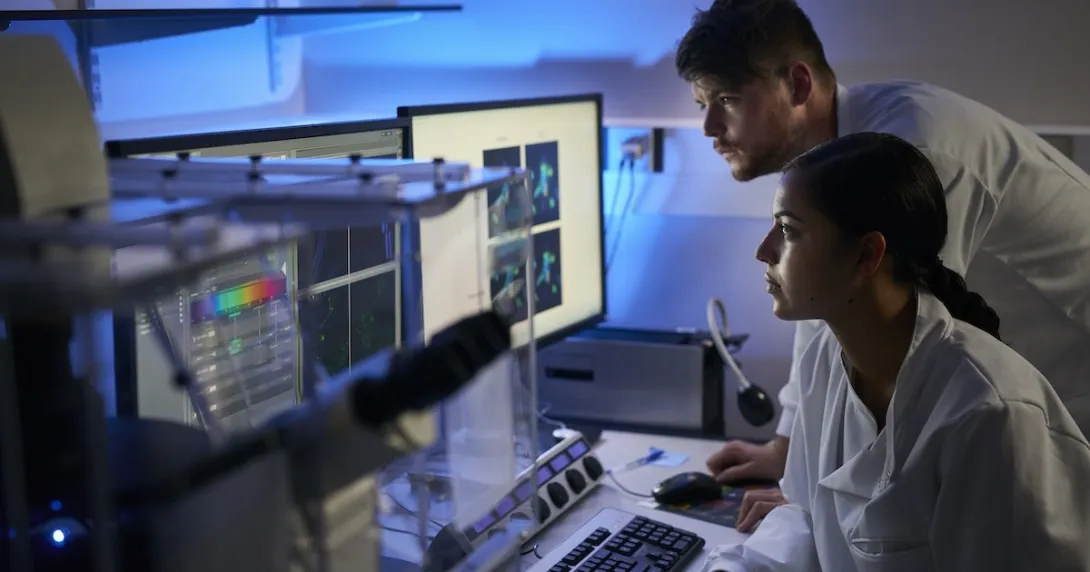
Photo: Matt Lincoln/GettyImages
Health technology company Philips has introduced a new telemetry platform to address the challenge of staffing shortages and alarm management.
A key feature is Telemetry Monitor 5500, a "data-driven approach to operational performance and patient care for cardiac monitoring," the company said.
The telemetry platform aims to streamline alarm management and automate clinical tasks to offset telemetry overuse and alarm cognitive overload.
According the company, this matters because by integrating with Philips' central monitoring unit, the telemetry platform is designed to support:
- Simplified workflows with a remodeled compact, wearable monitor with a user-friendly touchscreen and lightweight design
- Scalable telemetry monitoring to extend the number of high-acuity beds based on demand
- Monitoring technicians with tools that screen non-actionable alarms
- Data-driven decisions supported by retrospective monitoring insights that reveal trends in alarm activity
- Connected bedside coordination facilitated by mobile workflows that support “act anywhere” capabilities within the hospital network.
Additionally, the technology provides clinicians with the ability to monitor cardiac patients up to 30 days after discharge via Philips Mobile Cardiac Telemetry (MCOT).
MCOT can be used to monitor a patient after an inpatient stay or emergency department evaluation to transition patients into a suitable course of action.
"We continue to hear how disruptive non-actionable alarms and repetitive tasks can be," Ajay Parkhe, business leader, hospital patient monitoring for Philips, said by statement. "The combination of advanced clinical decision support tools, data-driven analytics and secure monitoring empowers health systems to deliver better care while improving efficiency and reducing alarm burden."
THE LARGER TREND
In August, Philips invested more than $150 million in manufacturing and research and development in the U.S. and expanded manufacturing facilities in Pennsylvania and Minnesota.
The company said the investments are in addition to Philips' annual $900 million research and development investment in America.
The company also announced plans to expand its Reedsville, Pennsylvania, manufacturing facility, which produces AI-enabled ultrasound systems for hospitals.
After the expansion, the Reedsville site will begin to customize software and configurations of ultrasound systems for clinical procedures in cardiovascular, general and maternal care.
That same month, Royal Philips announced the release of Transcend Plus, its EPIQ CVx and Affiniti CVx cardiovascular ultrasound systems. Transcend Plus includes FDA-cleared 2D and 3D image quality enhancements and a growing suite of AI-enabled clinical applications.
In 2024, Royal Philips launched the Philips Avent Premium Connected Baby Monitor, which comes with the company's proprietary SenseIQ sleep, breathing-tracking, cry-detection and translation technologies.
A baby unit camera, parent unit, and the Philips Avent Baby Monitor+ mobile app enable parents to view their baby. Meanwhile, SenseIQ tracking technology evaluates millions of pixels every second, translating the chest motions of a baby's breathing into sleep status and breathing rate updates. It does not require a wearable device.
Cry-detection and translation technology employs AI and machine learning to interpret a baby's cries.

